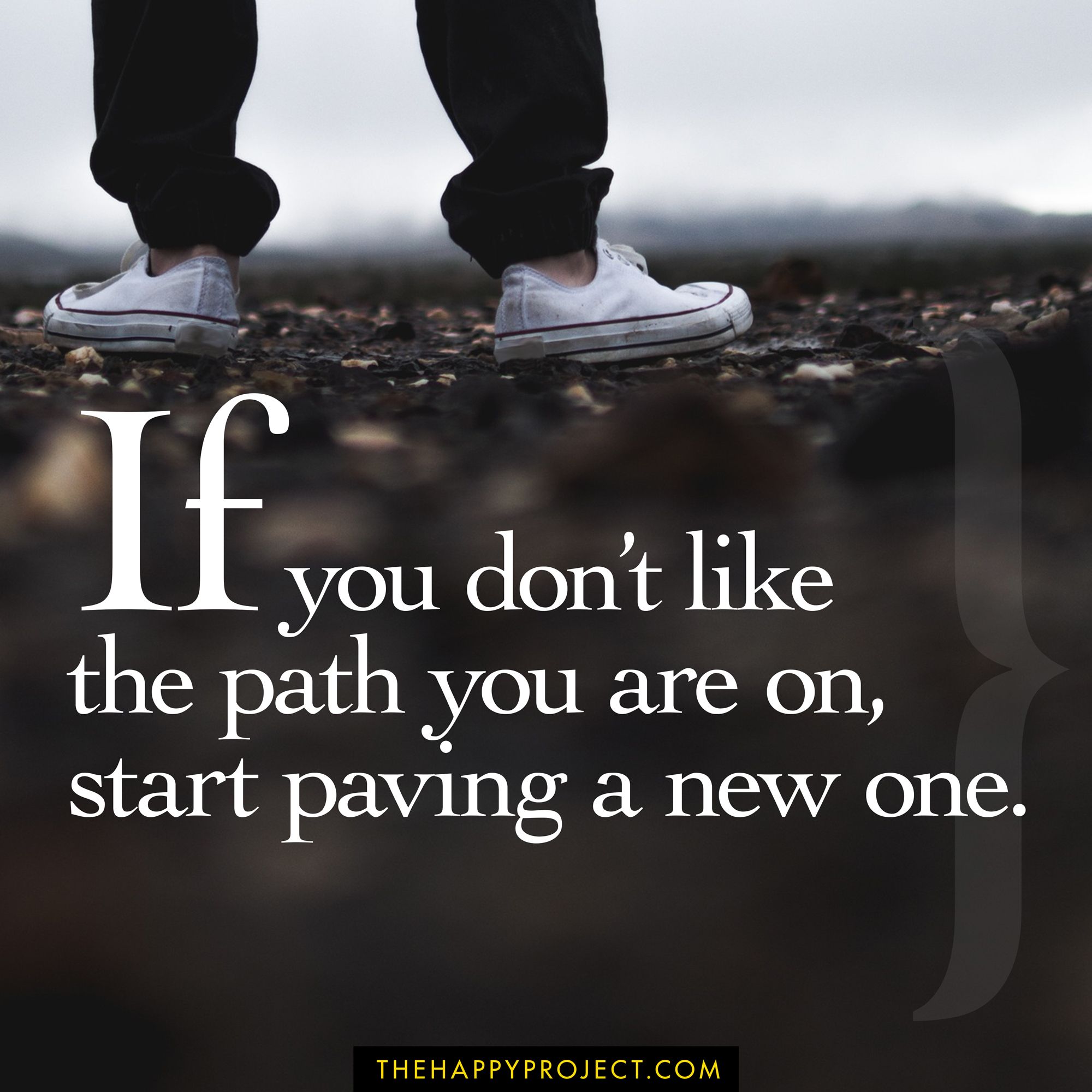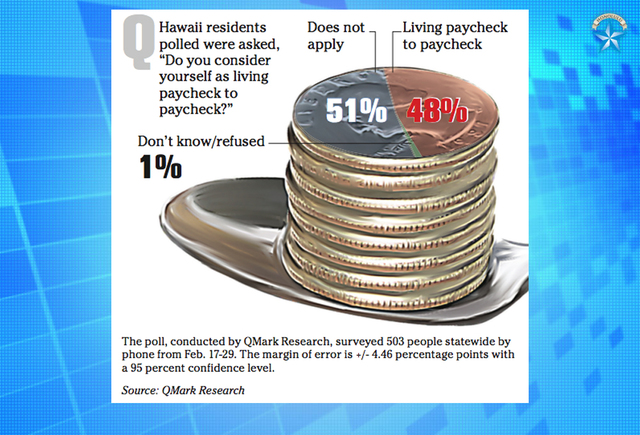Is This The Good Life? Evaluating Your Current Path And Making Changes

Table of Contents
Identifying Your Current Reality: A Self-Assessment
Before embarking on a journey towards the good life, you need a clear understanding of your current situation. This involves a thorough self-assessment, a kind of personal inventory that allows you to honestly evaluate your life's different aspects. This process, often referred to as a life audit, is crucial for identifying areas needing improvement and setting realistic goals for personal growth. Key components of this self-assessment include:
-
Listing your current lifestyle: Take stock of your daily life. Consider your work situation (job satisfaction, work-life balance), your relationships (family, friends, romantic partners), your physical and mental health, and your hobbies and leisure activities. Be honest and detailed; don't shy away from areas that feel challenging.
-
Identifying your values and priorities: What truly matters to you? What are the core principles that guide your decisions? Are you living in alignment with these values? This values clarification exercise is key to understanding what contributes to your happiness and fulfillment. Consider using a values clarification exercise online or in a workbook to help you identify your top 5-10 values.
-
Assessing your current level of happiness and fulfillment: For each area of your life (work, relationships, health, etc.), assign a rating on a scale of 1 to 10, with 1 being the lowest and 10 being the highest. This numerical evaluation provides a quantifiable measure of your current well-being in each aspect of your life. Be brutally honest with yourself.
-
Journaling about your feelings and observations: Deepen your self-understanding through journaling. Ask yourself probing questions: "What brings me joy?", "What drains my energy?", "What are my biggest regrets?", "What aspects of my life are truly fulfilling?", and "What am I avoiding?". Reflecting on these questions will reveal hidden patterns and insights into your life's trajectory.
Defining Your Ideal Life: Visioning and Goal Setting
Once you've completed your self-assessment, you're ready to envision your ideal life. This is a crucial step in your journey towards achieving the good life. This process involves creating a clear picture of what you want your life to look like, feel like, and sound like. Key elements of this phase include:
-
Creating a vision board: A vision board is a visual representation of your ideal life. Collect images, quotes, and objects that represent your goals and aspirations. This visual aid serves as a constant reminder of your aspirations and keeps you focused on your ultimate vision of the good life.
-
Setting SMART goals: Break down your overall vision into specific, measurable, achievable, relevant, and time-bound (SMART) goals. For example, instead of vaguely aiming for "better health," set a SMART goal like, "Lose 10 pounds in 3 months by exercising three times a week and following a healthy diet."
-
Identifying potential obstacles: Anticipate challenges that might arise as you work towards your goals. This proactive approach allows you to develop strategies to overcome obstacles and stay on track. Having a plan B is always a good idea.
-
Regularly reviewing and adjusting your goals: Your life will change, and so will your priorities. Regularly review your goals and adjust them as needed to keep them relevant and aligned with your evolving vision of the good life. This flexibility is vital to maintaining motivation and long-term success.
Taking Action: Making Meaningful Changes
The most critical step in achieving the good life is taking consistent action. This involves translating your vision and goals into a concrete action plan and implementing it diligently. Key strategies for this phase include:
-
Prioritizing your goals: Focus on one or two goals at a time to avoid feeling overwhelmed. Prioritize the goals that will have the most significant impact on your overall well-being and happiness.
-
Developing a daily or weekly action plan: Create a detailed plan outlining the steps you need to take each day or week to work towards your goals. This structured approach will help you stay focused and accountable.
-
Building a support system: Share your goals with supportive friends, family members, or mentors. Their encouragement and accountability can significantly impact your progress. Consider joining a support group or finding a coach for added motivation and guidance.
-
Celebrating your successes: Acknowledge and celebrate your achievements, no matter how small. Positive reinforcement will boost your morale and motivation, keeping you moving forward on your path to the good life.
Conclusion
Evaluating your life path and making changes to achieve a more fulfilling existence is a journey, not a destination. By honestly assessing your current situation, defining your ideal life, and taking consistent action, you can create a more meaningful and joyful life – your good life. Remember to regularly revisit your self-assessment and goals to ensure you remain on track. Start your journey today; begin evaluating your path and making the changes that will lead you to the good life you deserve. Don't delay your pursuit of a meaningful and fulfilling life – start creating your good life now!

Featured Posts
-
 Targeting Chinese Students A Financial Tightrope For American Universities
May 31, 2025
Targeting Chinese Students A Financial Tightrope For American Universities
May 31, 2025 -
 Bernard Kerik 9 11 Nyc Police Commissioner Passes Away At 69
May 31, 2025
Bernard Kerik 9 11 Nyc Police Commissioner Passes Away At 69
May 31, 2025 -
 Down East Bird Dawgs Inaugural Game A Look At Final Preparations
May 31, 2025
Down East Bird Dawgs Inaugural Game A Look At Final Preparations
May 31, 2025 -
 Understanding High Stock Market Valuations Bof As View For Investors
May 31, 2025
Understanding High Stock Market Valuations Bof As View For Investors
May 31, 2025 -
 Tariff Truce Sustaining Us China Trade Across The Pacific
May 31, 2025
Tariff Truce Sustaining Us China Trade Across The Pacific
May 31, 2025
